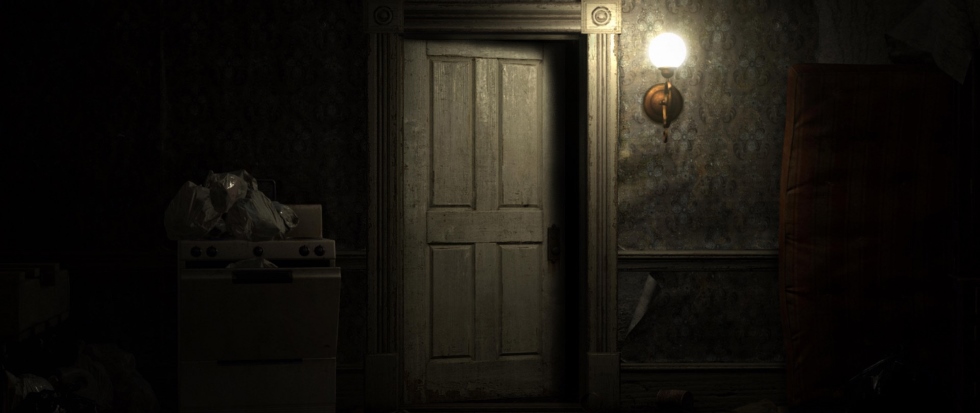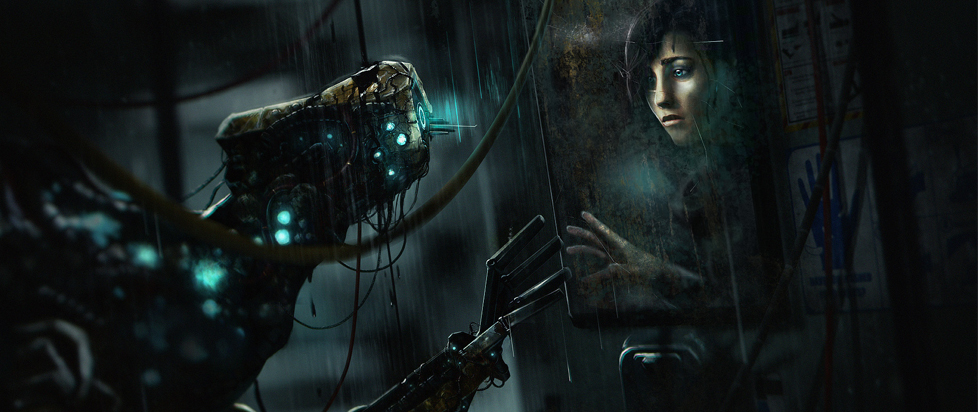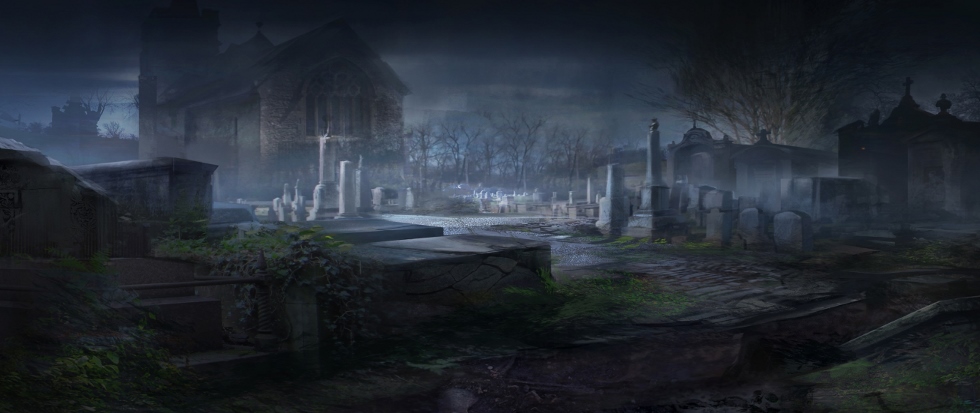
When Escaping Beats Confronting
As I finished Resident Evil 7 and watched the credits roll, I couldn’t help but feel slightly dismayed. As incredible as the overall adventure had been, the final fight felt at odds with the best of the rest of the experience. As I tried to think of a way the last fight could have been improved, I eventually realized that my disappointment stemmed from the fact that I didn’t want there to be a final fight at all.
After all, when Resident Evil 7 is at its best, it isn’t asking you to fight. It’s asking you to escape.
That’s not a knock against Capcom’s decision to implement combat into Resident Evil 7, but rather a testament to their ability to make you feel so very helpless throughout the game’s campaign. So many of the story’s best moments serve to remind you that not every hero earns that status because they vanquished their enemies. Some heroes simply managed to survive a nightmare scenario.
It’s a lesson that Capcom should have learned from Resident Evil 7‘s greatest film influence, The Texas Chainsaw Massacre. For most of that film’s runtime, you are forced to endure a claustrophobic form of terror that is too close to reality to be entirely disregarded. It all builds towards a heart pounding ending that sees the film’s heroine barely manage to escape. It stands as one of the horror genre’s finest finales because it’s one of the few that doesn’t sacrifice horror in exchange for satisfaction.
Video games aren’t completely devoid of such endings, but there is a disturbing shortage of them in the horror genre. Even methodical titles like Outlast force you into a confrontational conclusion designed to make you feel as if you have conquered something. Meanwhile, games like Super Metroid which brilliantly turn a ticking clock into the final showdown typically treat escapes as a companion to a more traditional boss encounter.
The popularity of this convention is enough to make you wonder whether the culture of confrontational conclusions in gaming is – ironically enough – too strong to ever be beaten. Perhaps we are doomed to a final fight even when a run for the hills is most appropriate.

And yet, one of the best testaments to the potential strength of the escape finale in gaming can be found in the “Bedroom” scenario contained within Resident Evil 7‘s Banned Footage Vol. 1 DLC. Here, players must escape a bedroom being watched over by the matriarch of the Baker family. Doing so not only requires you to solve a complicated series of puzzles, but it asks you to do so while not leaving behind any indication you are trying to run away. It’s like an escape room scenario designed by Tobe Hooper.
It’s also a stunningly brilliant piece of tense game design which, thematically speaking, feels like a far more appropriate ending to Resident Evil 7. While it’s understandable that Capcom would opt for a more traditional conclusion to their campaign, the pulse-pounding brilliance of this particular scene is awesome enough to make you dream of a day when games aren’t beaten; they’re just lived through.





